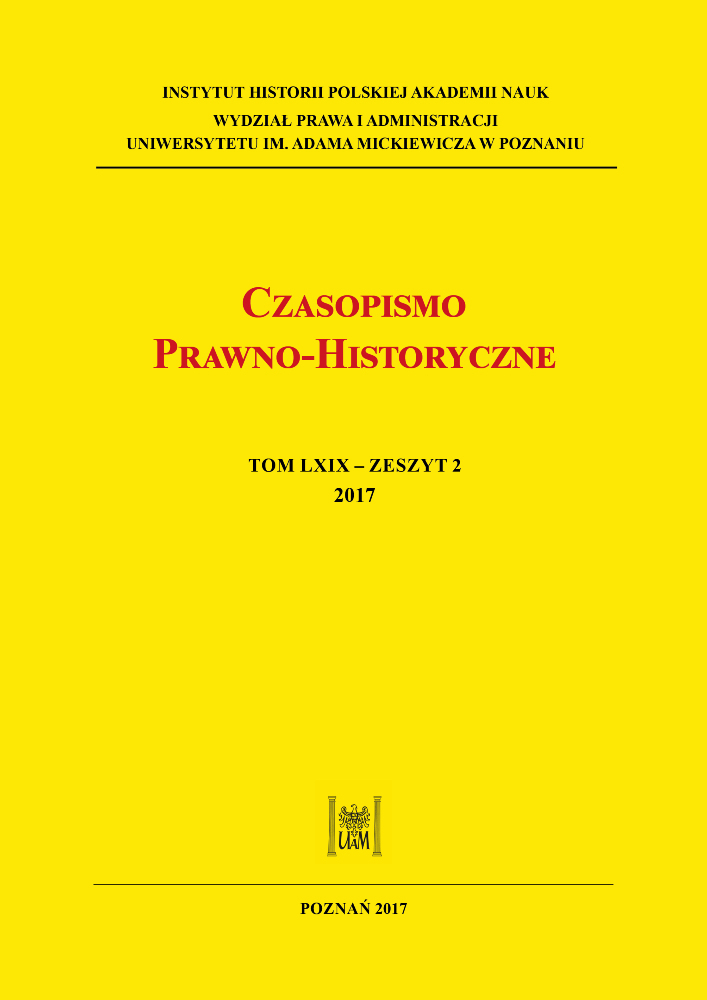Abstrakt
Lottery is considered to be the first institutionalized form of gambling in Poland, just like in other European countries. The purpose of the introduction of the lottery was to bring funds to the Crown treasury and to the Lithuanian treasury. Subsequently, it was seized by the treasury with the simultaneous stipulation that only the state has the right to organize and receive income from lottery games. This was connected with the creation of a new fiscal prerogative which can be treated as the prototype of the state’s monopoly on the lottery. It is still present in the current regulation pertaining to gambling. Also some of the forms of public burden connected with organizing the lottery, i.e. the tributes charged for the organization of gambling games, seem to possess features similar to contemporary taxes levied for games.The article presents the lotteries which were organized in order to acquire funds for the state treasury from the period of the First Polish Republic until 1871. Furthermore, the paper narrowed the scope of the research to the lotteries which were organized according to the Polish law in order to acquire income for the treasury of the Duchy of Warsaw, the Kingdom of Poland and the Republic of Cracow. The considerations concentrate on the issue of acquiring income for the state from the activity consisting of organizing gambling games. And to be more specific, it concentrates on the type of public tributes which can be construed as the prototype of the present taxes on gambling.
Licencja

Utwór dostępny jest na licencji Creative Commons Uznanie autorstwa – Użycie niekomercyjne – Bez utworów zależnych 4.0 Międzynarodowe.




